Embracing life’s seasons: navigating through change and resilience
“Spring always arrives without fail, bringing with it a sense of renewal and hope!”
Susan Yun
Canadian Certified Counsellor
It’s March! While patches of snow still cover the ground, Canada’s harsh winter is apparently giving away. Although we’re obviously sensing the whispers of spring, I’ve been spending a lot of time engaging in conversation with people whose minds seems frozen solid. Feeling the impending warmth of spring, I found myself thinking of them today, with stories I wanted to share.
Our lives, much like the seasons of nature, have their own rhythm. There are moments akin to the freshness of spring, full of new beginnings and opportunities, and times as vibrant and bustling as summer. Then there are those transitional phases, akin to the changes and growth of autumn. Of course, we also encounter seasons of hardship and challenge, reminiscent of winter’s cold embrace. But here’s the thing I want to stress: even when it feels like our hearts or situations have frozen over so deeply that we may never thaw out, spring always finds a way to return.
Life’s season embody the rich tapestry of experiences and emotions we go through, each holding its own unique significance. Spring brings a sense of renewal and confidence, opening up endless possibilities. Summer radiates with energy and passion as we chase our goals or dive into our work. When fall arrives, we reflect on the past and embark on inner journeys of transformation, pondering self-discovery and life’s purpose. And then there’s winter, with its challenges and obstacles, yet within its cold grasp lies our hidden resilience and courage. It’s during these wintry times that we often uncover our inner strength and explore new horizons.
As a counsellor, my role is to walk alongside you through these seasons, building you through the twists and turns of life’s journey. I’m here to embrace the fresh starts of spring, share in the warmth and energy of summer, foster growth and change like the autumn leaves, and help you weather the cold and difficult times of winter. Together, we’ll navigate through your personal seasons, uncovering their hidden meanings and values, and discovering the strength within you.


